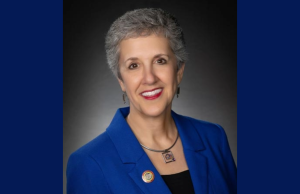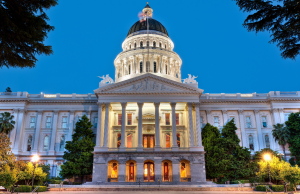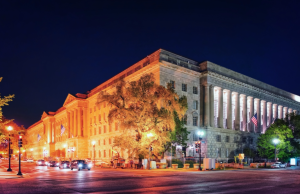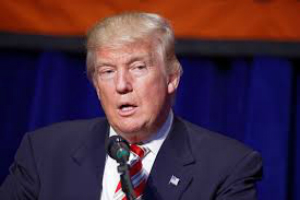More than 200 Maryland nonprofits have banded together to request at least $1 billion of a projected budget surplus be distributed to the state’s nonprofit community. At an early December press conference, representatives from several organizations presented their rationales. Arguments ranged from increased demand for services during the pandemic to enhanced strain on nonprofit workers to the idea that nonprofit work is still work and cannot be sustained by the volunteer model.
Maryland Gov. Larry Hogan recently announced the $2.5 billion surplus, which was effective as of the end of the state’s fiscal year on June 30, 2021. But the nonprofits are looking at an even larger number — a projected $4.2 billion surplus expected as of June 30, 2022 due to revenue streams running ahead of estimates.
When the surplus was announced, Hogan offered a five-point plan for it. Uses included increasing the state’s Rainy Day Fund, offering tax relief to retirees, providing direct tax relief for all Marylanders, giving supplemental aid to struggling Marylanders and providing “enhancements” for state employees.
But leadership from among the state’s 32,000+ nonprofits believe the rainy day is now, and that the state’s surplus would be well invested in nonprofit activities. In an open letter to Hogan, Lt. Gov. Boyd Rutherford, Comptroller Peter Franchot, Treasurer Nancy N. Kopp, Maryland Senate President Bill Ferguson and Maryland House Speaker Adrienne A. Jones, the nonprofit leaders requested:
- Enhanced benefits to people, families and communities most damaged by the COVID pandemic, with relief including food, rent and mental health assistance
- Narrowing of the wage gap for direct care workers
- Investment in workforce development and vocational education
- Targeted direct payments to individuals and families in need of relief
- Input into and transparency of program planning
According to a spokesperson from Maryland Nonprofits, the governor’s office has acknowledged receipt of the letter and has scheduled a meeting with nonprofit sector representatives later this month.
Nonprofit leaders largely abandoned the measured tones of the letter during the press conference. “[There] are some real long-term impactful problems that are impacting people in a way we really have not yet seen,” Nonprofit Prince George’s County Executive Director Tiffany Turner said. “This isn’t a charitable deed we are asking. This is done from a place of a righteous request. Our nonprofits are suffering. Our communities are hurting. We’re not telling you what we can do. We have shown what we have done throughout the course of disease higher pandemic. This investment should be deliberate, intentional, transformative and sustainable.”
“We need more investment in communities like ours, to fill these gaps where we are so vulnerable,” Baltimore-based Intersection of Change Executive Director Todd Marcus said. “This is that rainy day,” Marcus added in a nod to Governor Hogan’s previously announced plans for the surplus. “We ask that these funds go into our communities of need to the nonprofits that are doing this critical work.”
Baltimore-based Maryland Latinos Unidos Co-founder and Chair Veronica Cool led those gathered at the press event through an exercise, asking who would volunteer half an hour to do volunteer work. She then asked about volunteering a Saturday and then a string of 13 Saturdays.
“Volunteer work is not sustainable,” Cool said. “There’s always a need to pay for the services. It should be written into legislation and every budget — money for community outreach, and money for language assets, for the things that our community needs. This is how we stop generational poverty. Forget the pandemic, this is supposed to happen every day. But we keep asking our community to step up and give what they do not have.”
Cool then broadened her remarks to address a number of parties that could potentially support the nonprofits’ ask.
“That’s your future employees,” Cool said. “That’s your future customers. That’s who’s buying your widget. That’s your future voters. You don’t help me today. I don’t have to help you tomorrow. And I’ll remember that: my people are dying at double and triple the rate because I don’t understand what a vaccine is.
“It’s not a beg,” Cool continued. “You have the money in the budget. Kindy allocate it so that we can continue doing the work that has been done as a favor. It is not sustainable. For almost two years, you’ve asked me and my people to do this for free. If there’s money there, let’s go.”











